Study estimates fuel economy improvements to US light-duty vehicles from 1975–2018 saved 2T gallons of fuel, 17B tons of CO2
Green Car Congress
MAY 3, 2020
A team from the University of Tennessee and the National Renewable Energy Laboratory (NREL) has the fuel savings due to fuel economy improvements over the past 43 years amount to approximately two trillion gallons of gasoline. Estimated attribution of fuel savings due to fuel economy improvements to light-duty vehicles since 1975.

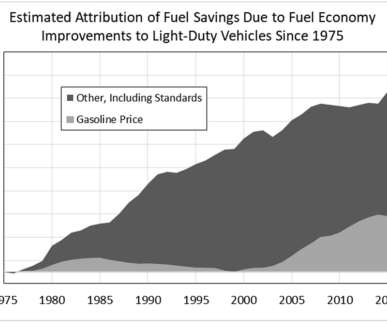




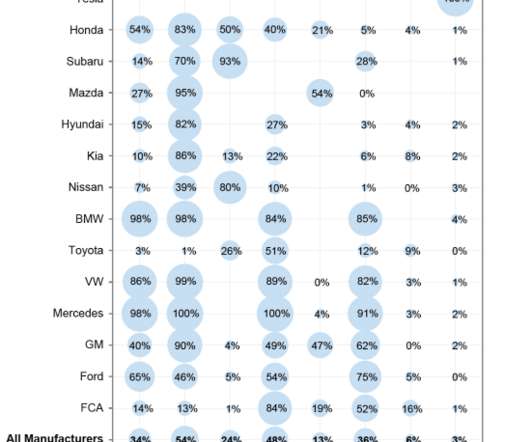












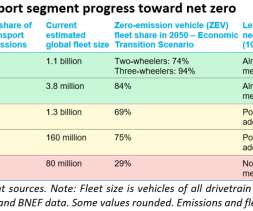







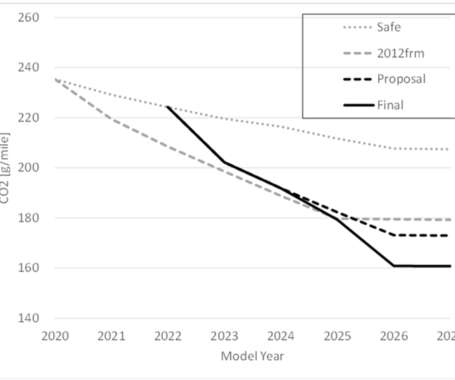
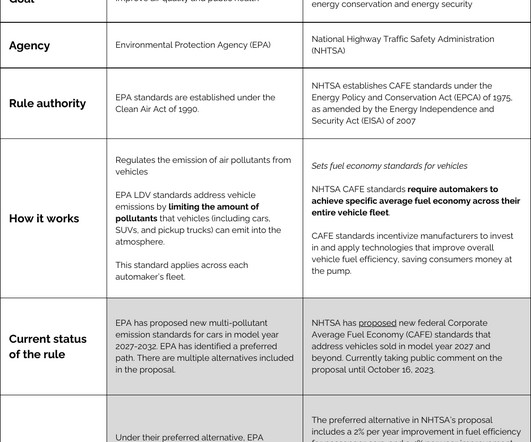







Let's personalize your content